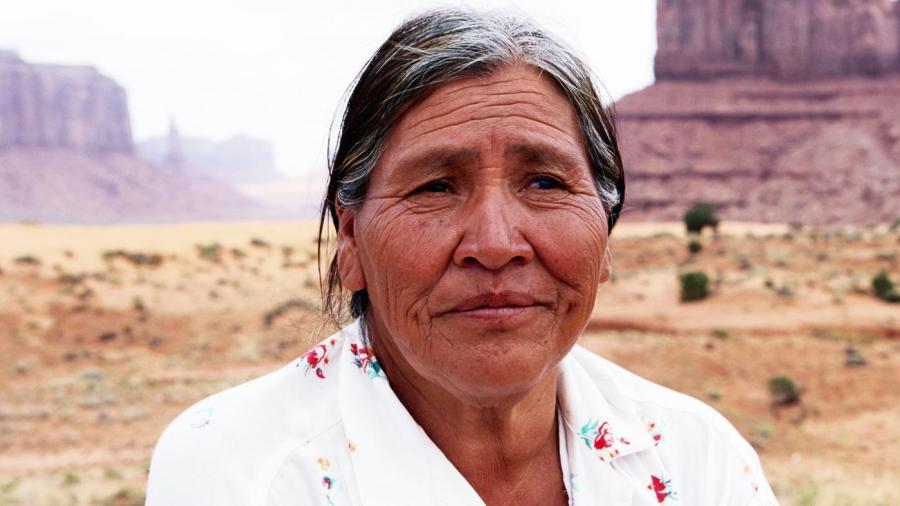What Are Some Navajo Names and Their Meanings?

Ajei, Chooli, Dibe, Yiska and Tahoma are examples of Navajo names. Their respective meanings are “my heart,” “mountain,” “lamb,” “night has passed” and “water’s edge.” The first three names are female names, and the last two are male names.
Navajo names typically contain multiple words that refer to aspects of the recipient. Each Navajo name is a compound name that may be traditional, or it may refer to one’s clan, a relative, one’s home territory or something that a recipient accomplishes, either literally or metaphorically. Many Navajo believe that a name both indicates and imparts strength.
Hashké is an example of a traditional name, a sort of prefix or suffix that some Navajo often assign to a baby boy’s other given names. Hashké means “angry” or “warrior” and can modify any other type of boy name regardless of clan affiliation. For girls, the most common name, or prefix, is Baa, or “raider.”
A Navajo child may not retain the use of Hashké or Baa as time progresses, unless the name is integral to his other names. This depends entirely upon the tribe, and each individual Navajo still reserves the right to do as he pleases with his name. In accordance with tradition, many Navajo obey a “name trail,” or the use of certain given names at specific times to denote new phases in life.
The Navajo consider names sacred and only use full, given Navajo names during traditional ceremonies. Consequently, while any Navajo word qualifies as a Navajo name, it isn’t necessarily a name in the sacred Navajo sense.





